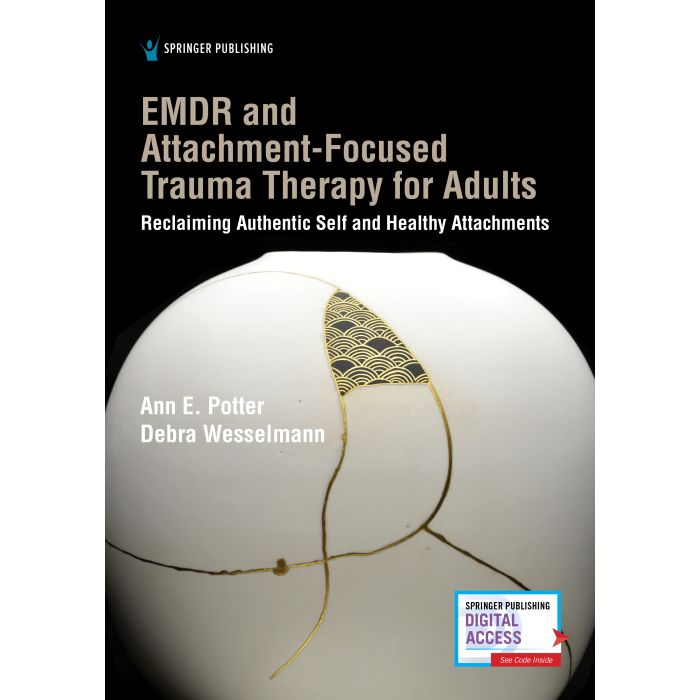Effectiveness of trauma-focused treatment for adolescents with major depressive disorder
First study suggesting that EMDR therapy is associated with significant reduction of symptoms in adolescents with major depressive disorder.
Article Abstract
“Background: Major Depressive Disorder (MDD) in adolescence has a high prevalence and risk of disability, but current treatments show limited effectiveness and high drop-out and relapse rates. Although the role of distressing experiences that relate to the development and maintenance of MDD has been recognized for decades, the efficacy of a trauma-focused treatment approach for MDD has hardly been studied.
Objective: To determine the effectiveness of eye movement desensitization and reprocessing (EMDR) therapy as a stand-alone intervention in adolescents diagnosed with MDD. We hypothesized that reprocessing core memories related to the onset and maintenance of MDD using EMDR therapy would be associated with a significant decrease in depressive and comorbid symptoms.
Method: We recruited 32 adolescents (12–18 years) fulfilling DSM-IV criteria for mild to moderate-severe MDD from an outpatient youth mental health care unit. Treatment consisted of six weekly 60-min individual sessions. Presence or absence of MDD classification (ADIS-C), symptoms of depression (CDI), symptoms of posttraumatic stress (UCLA), anxiety (SCARED), somatic complaints (CSI), and overall social-emotional functioning (SDQ) were assessed pre and post-treatment and 3 months after treatment.
Results: 60.9% of the adolescents completing treatment no longer met DSM-IV criteria for MDD after treatment anymore, and 69.8% at follow-up. Multilevel analyses demonstrated significant posttreatment reductions of depressive symptoms (CDI: Cohen’s d = 0.72), comorbid posttraumatic stress, anxiety and somatic complaints, while overall social-emotional functioning improved. These gains were maintained at 3-month follow-up (Cohen’s d = 1.11). Severity of posttraumatic stress reactions significantly predicted the posttreatment outcome; however, duration of MDD, number of comorbid disorders, or having a history of emotional abuse, emotional neglect or physical neglect were not predictive for outcome.
Conclusions: This is the first study suggesting that EMDR therapy is associated with a significant reduction of depressive symptoms and comorbid psychiatric problems in adolescents with mild to moderate-severe MDD.”
—Description from publisher
Article Access
Open Access
Paauw, C., de Roos, C., Tummers, J., de Jongh, A., & Dingemans, A. (2019). Effectiveness of trauma-focused treatment for adolescents with major depressive disorder. European Journal of Psychotraumatology, 10(1), 1682931. https://doi.org/10.1080/20008198.2019.1682931
Date
November 8, 2019
Creator(s)
Corine Paauw, Carlijn de Roos, Judith Tummers
Contributor(s)
Ad de Jongh, Alexandra Dingemans
Topics
Depression
Client Population
Adolescents
Extent
11 pages
Publisher
Taylor & Francis
Rights
© 2019 The Author(s). Published by Informa UK Limited, trading as Taylor & Francis Group. This is an Open Access article distributed under the terms of the Creative Commons Attribution-NonCommercial License (http://creativecommons.org/licenses/by-nc/4.0/), which permits unrestricted non-commercial use, distribution, and reproduction in any medium, provided the original work is properly cited.
APA Citation
Paauw, C., de Roos, C., Tummers, J., de Jongh, A., & Dingemans, A. (2019). Effectiveness of trauma-focused treatment for adolescents with major depressive disorder. European Journal of Psychotraumatology, 10(1), 1682931. https://doi.org/10.1080/20008198.2019.1682931
Audience
EMDR Therapists, Other Mental Health Professionals
Language
English
Content Type
Article, Peer-Reviewed
Access Type
External Resource, Open Access





